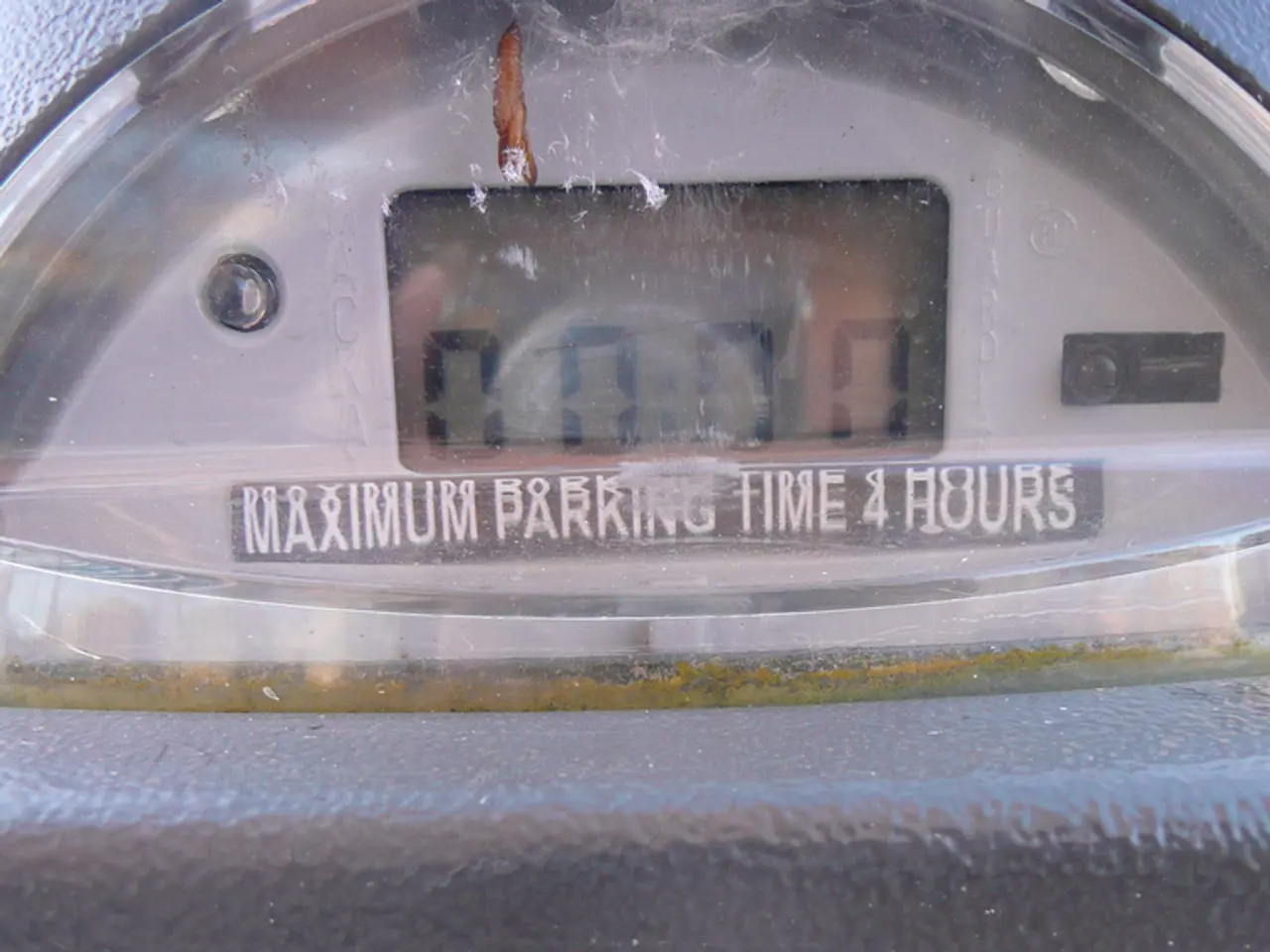Reduced tax on renewable energy machinery to 5% as decided by the GST Council
The Goods and Services Tax (GST) Council has made a significant move to promote renewable energy in the country, reducing the tax rate on key components from 12% to 5%. This decision, announced on Tuesday, June 15, is part of India's aim to achieve self-reliance in domestic manufacturing of these components.
The reduced GST rate applies to various renewable energy goods such as solar cells, biogas plants, windmill equipment, solar cookers, solar power-based devices, solar power generators, windmills, waste-to-energy plants and devices, solar lanterns or solar lamps, ocean waves or tidal wave energy devices or plants, and solar photovoltaic (PV) cells, whether assembled in modules or not.
Fuel cell motor vehicles, including hydrogen-powered trucks and buses, are also included in the reduced GST rate, which could significantly boost plans to develop green hydrogen-based mobility in the country. Green hydrogen is expected to be the fuel of the future for long-haul mobility, including trucks and buses.
Meanwhile, the GST Council has increased the tax on coal from 5% to 18%. This move, part of the government's plans to add more coal-based power capacity in the country, is significant as coal remains India's largest power generation source. Prior to the increase, coal attracted a compensation cess of ₹400 per tonne in addition to the 5% tax, which has been eliminated.
It is worth noting that the government plans to add 80GW of coal-based power capacity in the country by 2032. However, the potential impact of the increased GST on coal on the overall power sector in the country is not specified. Similarly, the GST Council has not made any announcements regarding the impact of the increased GST on coal on the production of renewable energy.
On a positive note, the increase in GST on coal is not expected to add more burden on the buyer and hence unlikely to impact power prices. The government is also working to ramp up cell production and build a local supply chain for key parts like wafers and ingots, which are still mostly imported from China.
India now produces 100GW worth of solar modules domestically, a testament to the country's growing commitment to renewable energy. With the reduced GST rate on renewable energy components, it is expected that this trend will continue to grow, contributing to India's ambitious goals in the renewable energy sector.
Read also:
- Accident at Rodalben Results in Injuries; Geoskop Area near Kusel Affected After Stormy Weather
- Marital instances multiplying in MV - officials hint at an upsurge in unions
- Advanced stage cancers annihilated by activating CD40 antibody treatment
- Acquisition of Resilience Startup Alteia by GE Vernova Unveiled








